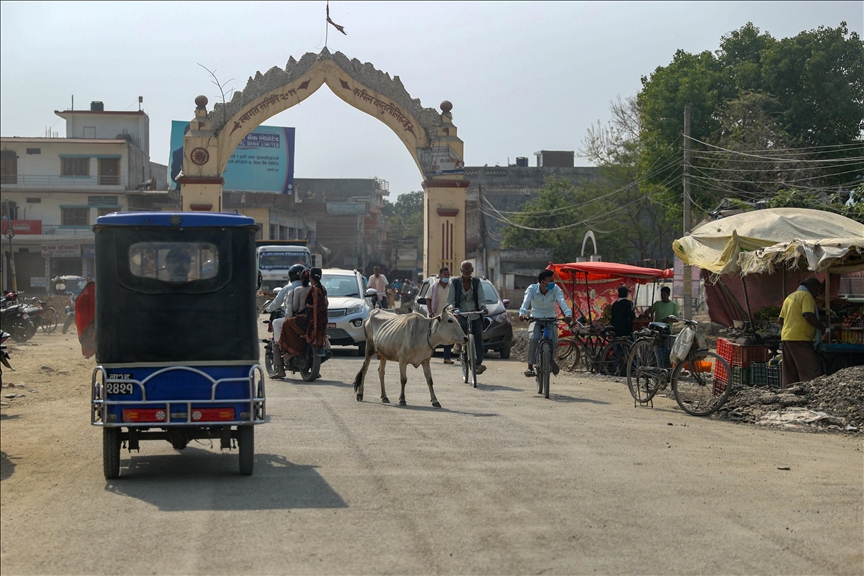Key party in Nepal’s ruling coalition quits government
Lawmakers representing Rastriya Swatantra Party resign en masse after party's rift with prime minister over portfolio, but party's support to ruling alliance to continue

NEW DELHI
The Rastriya Swatantra Party (RSP), the fourth largest party in Nepal’s ruling coalition, announced Sunday that it has decided to withdraw from the government and has recalled its ministers over a rift concerning the home minster portfolio.
The RSP said the decision was taken following a party meeting after which two Cabinet ministers and one minister of state submitted their resignations.
"According to the alliance agreement, the home minister portfolio was to be given to our party. It wasn’t allocated to our party again after last month's Supreme Court ruling," Kabindra Burlakoti, assistant general secretary of the RSP, told Anadolu.
He said the RSP was informed on Sunday by the Prime Minister's Office that the portfolio would not be allocated again to the party.
The chairman of the RSP, Rabi Lamichhane, who was also the country's Deputy Prime Minister and Home Minister, was stripped of his lawmaker status after the country's top court ruled on Jan. 27 that the 48-year-old had contested recent elections with an invalid citizenship certificate.
Lamichhane obtained US citizenship in 2014 but later returned to Nepal, where he became a popular television personality. He renounced his US citizenship in 2018 but did not acquire Nepali citizenship again. The Supreme Court ruled last month that he had not completed the process for reviving his Nepali citizenship. Following this, Lamichhane resigned as deputy prime minister and home minister.
Burlakoti, however, said the party will continue to support the ruling alliance.
"Our support for the future will depend on the government's performance," he said, adding that Lamichhane re-acquired his Nepali citizenship on Jan. 29.
The departure of the ministers from the government is unlikely to have any impact on the future of the alliance, according to Santosh Sharma Poudel, co-founder of the Nepal Institute for Policy Research, a Kathmandu-based think tank focusing on economic and foreign issues.
He, however, told Anadolu that this is not a "good sign" for the alliance.
"As for the RSP, it is now more likely to be vociferous in its criticism of the government and would likely play the victim card, whereby they would argue that the 'establishment' did not allow them to work," said Poudel.
The RSP had two Cabinet ministers and one minister of state in the coalition government.
In December, the reunion of the divided Communist Party of Nepal (Maoist-Centre) brought back the rule of leftists to the Himalayan nation after the party’s leader, Pushpa Kamal Dahal, was appointed prime minister in December last year.
Nepal, which has remained politically unstable in the recent past, held general elections on Nov. 20 for new faces in its 275-member parliament.
Anadolu Agency website contains only a portion of the news stories offered to subscribers in the AA News Broadcasting System (HAS), and in summarized form. Please contact us for subscription options.



